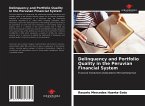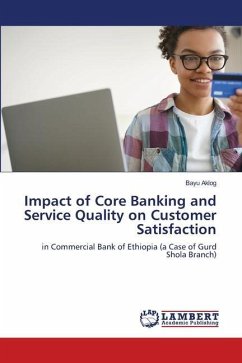It has been recognized long before the financial crisis that a precise forecast of business figures is essential. Faulty hedge-positions resulting from inefficient exposure planning can increase hedging costs. Similar costly effects can result from imprecise liquidity planning, even if insolvency is avoided. Challenges for optimizing corporate financial planning data integration preceding the risk management are even greater in global companies due to distributed and heterogeneous data generation processes. Research and contribution in this thesis address process and data related challenges through evaluation studies based on empirical data. The process-driven part evaluates the effect of corporate financial planning redesign based on an appropriate business process redesign model for multinational enterprises. Thereby, the focus is on a flexible execution structure and the three process related quality dimensions timeliness, completeness, and consistency. The data-driven research part comes up with new quality metrics for financial planning data and their benchmarking against the forth quality dimension accuracy. That way, previously unknown business insights are derived.
Bitte wählen Sie Ihr Anliegen aus.
Rechnungen
Retourenschein anfordern
Bestellstatus
Storno








